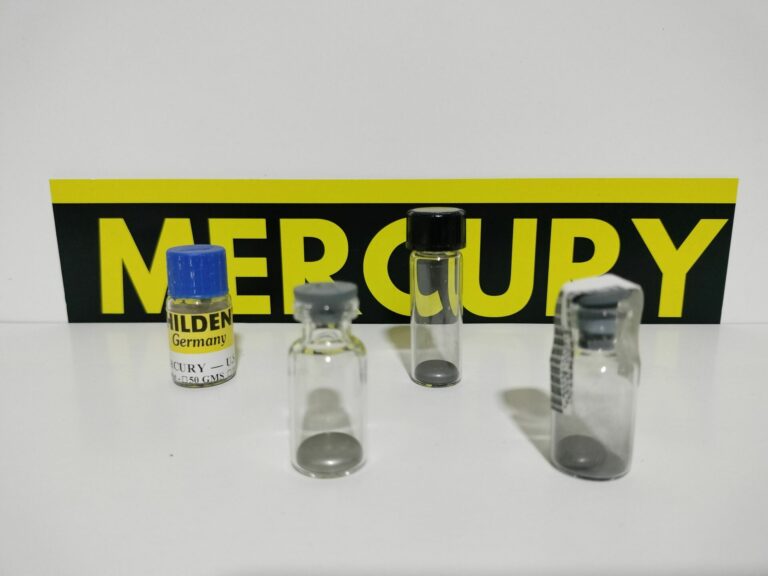June 5, 2024, Quezon City. On World Environment Day, the toxic watchdog EcoWaste Coalition praised the European Parliament and the Council of the European Union (EU) for taking further action to tackle the largest remaining deliberate use of mercury in the supranational economic and political union of 27 member states. “Mercury-free alternatives have become economically and technically feasible and are readily available,” the EU noted.
On 22 May 2024, the European Parliament and the Council of the EU amended Regulation (EU) 2017/852 on mercury as regards dental amalgam (a mercury-containing filling material used to fill cavities due to caries) and others by adding mercury products subject to export, import and manufacturing restrictions.
According to the amended regulation, dental amalgam will not be used for dental treatment in the EU until 1 January 2025, unless it is deemed absolutely necessary by the dentist based on the patient’s specific medical needs. Current rules already prohibit the use of dental amalgam to treat teeth in children under 15 and in pregnant or breastfeeding women. With the expanded rules, the ban will now cover everyone in the EU from 1 January 2025. Also, the export of dental amalgam will be banned from 1 January 2025. And from 1 July 2026, the import and manufacture of dental amalgam will be banned.
Discarded mercury-containing fluorescent lamps in the city of Las Pinas, as documented by the EcoWaste Coalition.
The regional bloc further decided to ban six more mercury-containing light bulbs from December 2025 and December 2026. The ban on the manufacture, export and import of all other compact fluorescent lamps (CFLs), phosphor-halo-phosphors, non-linear halo-phosphates , and high-pressure sodium (vapor) lamps will take effect on December 31, 2025, while that of three-zone phosphor lamps and three-zone nonlinear phosphor lamps will take effect on December 31, 2026.
In the Philippines, the Department of Health (DOH) issued Administrative Order No. aged 14, pregnant and lactating women and people with damaged kidney and immune system according to the principle of prevention.
Regarding mercury-containing lamps, the Department of Environment and Natural Resources (DENR) issued Administrative Order No. various types of lamps with added mercury.
As stated in the EU regulation, “mercury is a chemical of global environmental concern due to its long-range atmospheric transport, its persistence after anthropogenic introduction into the environment and its ability to bioaccumulate in ecosystems”, adding that “mercury also has significant negative effects on human health and is transmitted from mother to child through the placenta or through breastfeeding.”
“Mercury pollution of the environment can result from anthropogenic activities, including inadequate management of mercury waste, incineration or inappropriate application of mandatory spacers in dental practices,” the EU noted.
“Crematoriums are a significant source of mercury emissions into the atmosphere and, despite the phasing out of dental amalgam… crematoria will continue to contribute to mercury pollution of air, water and soil,” the EU said.
“It is necessary to develop guidelines for technologies to reduce emissions of mercury and mercury compounds from crematoria,” the regulation said, “in order to achieve adequate pollution prevention and mitigate impacts on human health and the environment.”
The updated regulation will enter into force on the 20th day after its publication in the Official Journal of the EU and will apply to all Member States.
Bibliographical references:
https://data.consilium.europa.eu/doc/document/PE-53-2024-INIT/en/pdf
https://law.upd.edu.ph/wp-content/uploads/2020/05/DOH-AO-No_2020-0020.pdf
https://chemical.emb.gov.ph/wp-content/uploads/2019/11/DAO201920MERCURY.pdf


